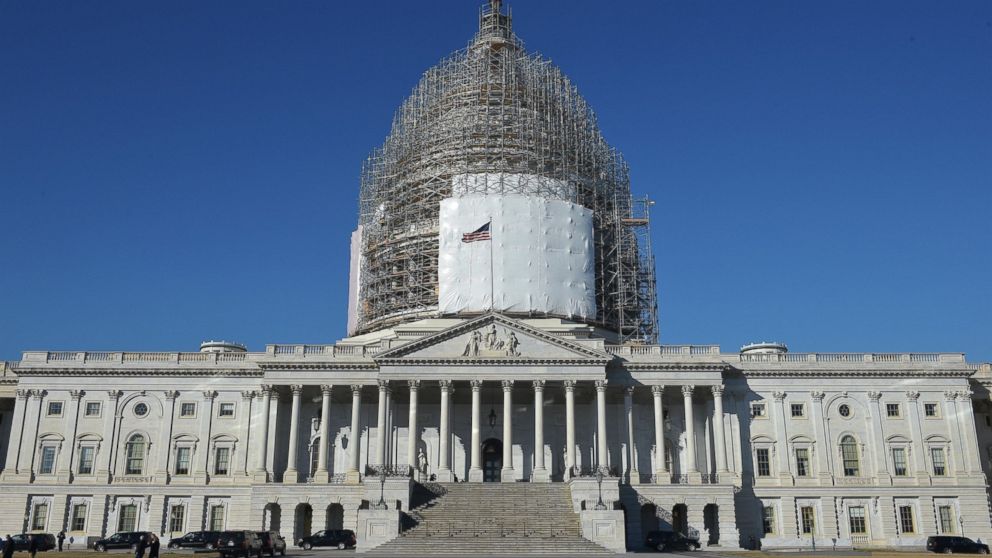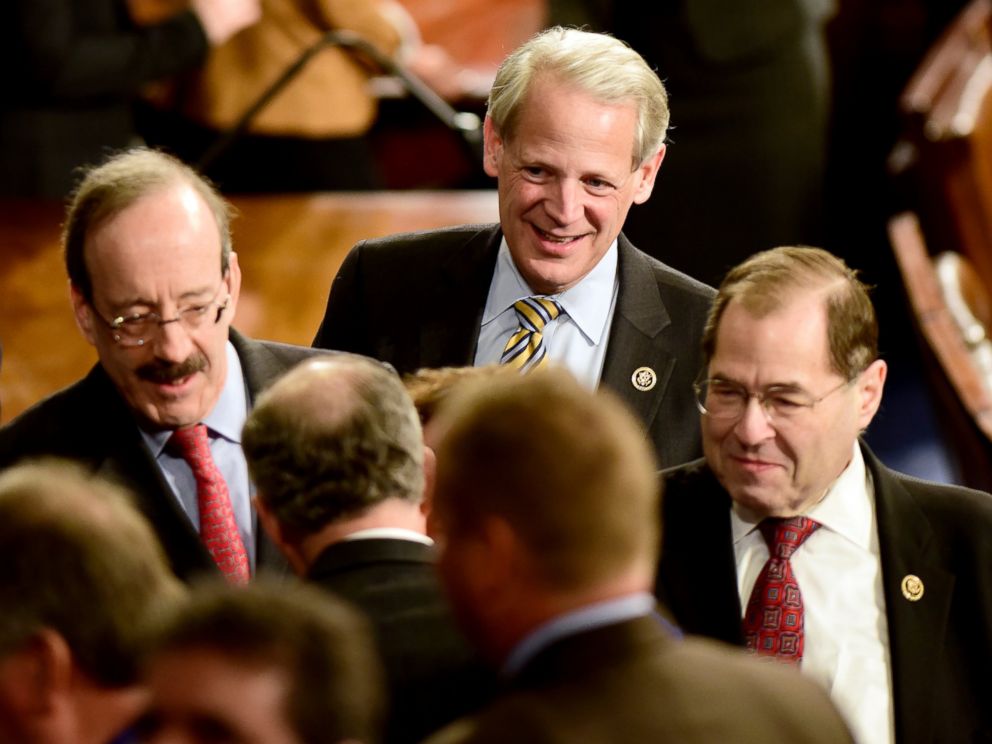What August Means for the Iran Deal (And Democrats)
Democrats on recess will now hear from constituents about the Iran deal.

— -- For weeks, President Obama has had the ear of Democrats on the Iran nuclear agreement, meeting with members one-on-one and dispatching his advisers to hearings and briefings on Capitol Hill.
But with members leaving town until September, the administration is losing its greatest asset in the lobbying campaign: proximity.
“The recess is not good for the administration,” Rep. Brad Sherman, D-California, said recently after an administration briefing.
The campaign has yielded some crucial endorsements, with supporters confident the president has enough votes to sustain a veto of a resolution of disapproval.
“More and more of them have confirmed to me that they will be there to sustain the veto,” House Minority Leader Nancy Pelosi, D-California, said Thursday.
But now, members will now hear from constituents and outside groups arrayed on both sides of the deal.
“[The administration has] the most incredible home field advantage ever for the first two innings,” Sherman said. “For the other seven innings it’s on a neutral field.”
“There will certainly be an intensive lobbying campaign by both sides during August recess,” said Rep. Adam Schiff, the ranking Democrat on the House Intelligence Committee, who has not yet announced his position.
The American Israel Public Affairs Committee, which opposes the deal, has a massive campaign underway to sway members, including hundreds of meetings with congressional offices and plans to send activists to key districts and town hall meetings across the country.
The group’s educational wing is also sending roughly 50 members to Israel next week for its annual summer trip, where they’ll meet with Israeli political leaders. Democrats will be led by Minority Whip Steny Hoyer, D-Maryland, who has not yet decided whether to support the deal.
Citizens for a Nuclear Free Iran, a pro-Israel group financially supported by AIPAC, has a multi-million dollar national ad campaign underway in 35 states.
“The more that people look at this deal, the less they support it,” said spokesman Patrick Dorton. “We hope that the American public and members of Congress will look at all the fine print and details.”

Rep. Jerrold Nadler, D-New York, an undecided, pro-Israel member who met one-on-one with Obama Wednesday afternoon, acknowledged that it would be “difficult to be on the other side” of Israel and AIPAC.
“I’m going to try to ignore the politics, and I’m going to try and ignore my own emotions,” he said Thursday after meeting with Obama. “I’m going to do what I think is the right thing.”
Speaking to grassroots supporters of the Iran deal Thursday, the president acknowledged that the recess would be a tougher climate to woo members.
“They start getting squishy when they feel the political heat,” he said.
While endorsements continue to trickle in — Rep. Dan Kildee, D-Michigan, who represents the family of Amir Hekmati, an American imprisoned in Iran, announced his support Thursday — some members have also come out against the deal.
Others are planning to wait until September before making a decision.
“I’m going to take advantage of that adequate review period before announcing where I am,” said Rep. Steve Israel, D-New York, who said he’s “skeptical” of the deal.
He’ll have a few more weeks before the White House starts calling.
ABC's Ali Weinberg and Arlette Saenz contributed to this report.




